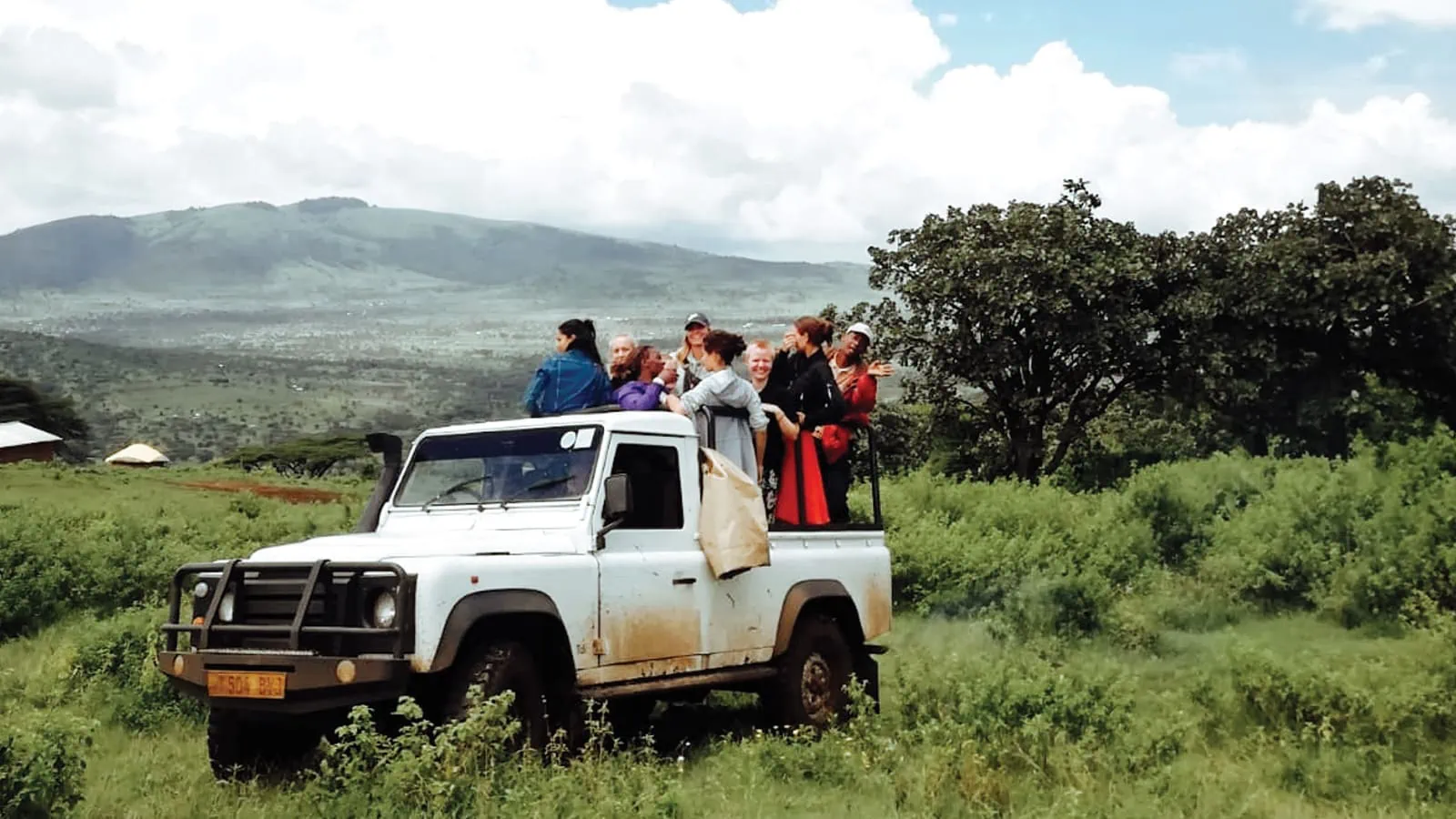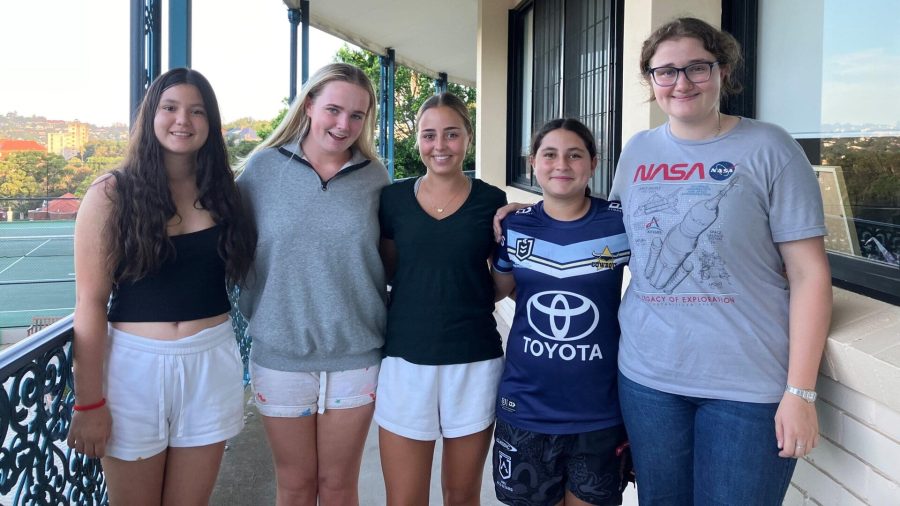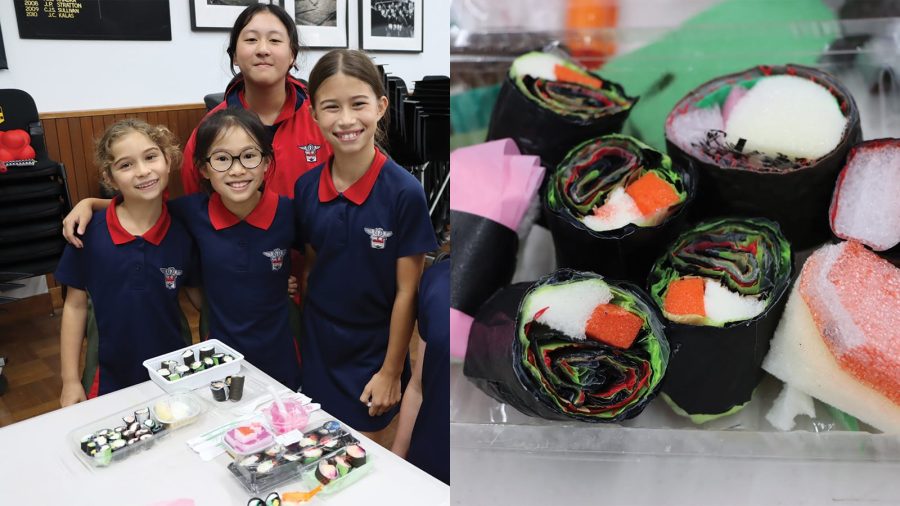A trip to Cambodia in Year 9, to visit our Ascham Schools there, impacted Kamara Pather (2013) profoundly. Her experience in South-East Asia unveiled an understanding of global inequities and sparked the beginning of a journey towards a career in global health and disease prevention. With the foundations of a degree in Nutritional Science, Kamara’s research into food security and welfare has taken her to a diverse range of places around the globe including Mexico and Tanzania . Now, she is hopeful that we can create equitable policies for all citizens and invite young people to be at the table as agents of change.
While you were at Ascham, how did your service-learning tour to Cambodia challenge your assumptions or broaden your understanding of the world? How did that shape your personal growth and development?
Having the opportunity to visit Cambodia and meet people in the community was a break away from the traditional discourse of ‘developmental aid’ and led to an understanding that we are people from different cultures who have a lot to learn from each other through mutual partnerships. It was also an empowering trip for me because in western society we can often become fixated on what we have or what we do, but one of the things I learnt from the people in Cambodia is to be happy in the moment and with the people we are surrounded by.
Throughout your volunteering and internships, you have had the opportunity to visit remarkable countries. Can you share with us some highlights from those experiences and how they have impacted your focus on disease prevention?
My international work has taught me that there is a lot I am still learning. One of the most shaping experiences of being overseas, during a study exchange in Tanzania, happened while observing a doctor treating patients at a local hospital. There was a group of 20 of us, who were benefiting from learning from him. At the end of the visit, the doctor turned to ask us: ‘But how are we going to benefit him?’ That was extremely humbling, because I think it often requires a lot of honesty when volunteering and knowing that the work is not about you. When working in disease prevention I learnt that the most important thing is to focus on what the person or community wants and not what you think they need.
In your opinion what are they key themes that run through both low, middle and high-income countries. Particularly around obesity, food equity, nutrition etc.
A key theme that runs through all countries is the lack of culturally appropriate, accessible and affordable nourishing food for everyone. The first step in addressing this challenge is directing the solution towards the system rather than the individual. Given the commercial interest and the negative externalities in the food system unfortunately it’s not a straightforward fix.
Why it is important to prioritise the voices of young people in the work that you do? What kind of impact can they make?
Given the global climate we live in and daunting challenges we’re confronted with such as in the food system, I think young people have a lot of determination and positivity to bring about real change. We need to change the hierarchy of our politics and society to enable young people to become agents of change. Just like you need to listen to the community you work with, we need to co-create our future policies with young people at the table because they are living the impact of our actions.
What is the one biggest issue currently facing food security and welfare in Australia, as a developed nation, and what steps can be taken to address it?
Without a doubt, climate change is the most pressing issue disrupting our food system. However, the impact will be felt disproportionately across Australia and the world with people in vulnerable communities most at risk. We need to take a holistic approach, engage communities and prioritise social purpose.



